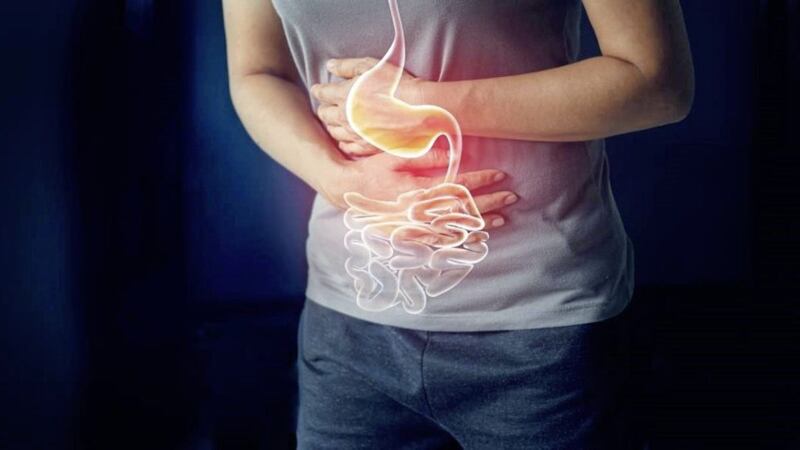SUSPENDING key diagnostic testing during the first Covid wave had a "devastating" impact on identifying patients with stomach and oesophagus cancer, new research has revealed.
A study by Queen’s University Belfast and the Northern Ireland Cancer Registry estimated the number of patients with both forms of the disease diagnosed between March and September last year - and compared it with data from the previous two years.
They also examined the disruption caused by the withdrawal of screening for a pre-cancerous condition, known as Barrett’s oesophagus.
During the first lockdown, many services including diagnostic endoscopy were "paused" as frontline staff were redeployed to deal with the pandemic response.
Dr Richard Turkington, a clinical senior lecturer at the Patrick G Johnston Centre for Cancer Research and lead author on the study, confirmed that diagnoses of oesophageal and stomach cancer fell by 26.6 per cent last year - meaning "that 53 fewer patients than expected were diagnosed during the first six months of the pandemic".
"For Barrett’s oesophagus diagnoses fell by 59.3% which represents 236 fewer Barrett's cases than expected," he added.
Professor Helen Coleman, deputy director of the Northern Ireland Cancer Registry, said the research was important as it is the first to show the impact of the pandemic on a pre-cancerous illness.
"There will be missed opportunities for prevention of cancers due to this sharp decline in Barrett’s oesophagus diagnoses. Coupled with the drop in expected numbers of oesophageal and stomach cancer diagnoses, we are very concerned that patients will present later with more advanced disease and have poorer survival outcomes as a result," she said.
"It is vital that we protect and reinstate our cancer diagnostic services, such as endoscopy, to help minimise the impact of the pandemic on cancer patients."
The researchers warn the pandemic could have a "devastating impact" with many cases "potentially remaining undiagnosed". They also highlight the need for individuals with symptoms such as difficulty swallowing, persistent heartburn or unexplained weight loss to seek medical help as soon as possible.






